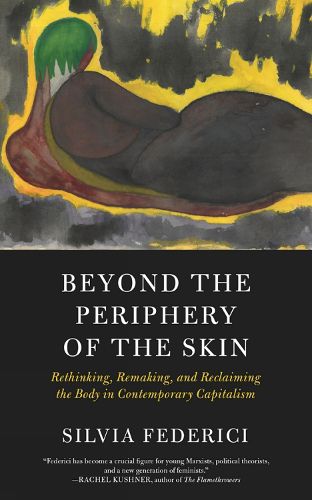Readings Newsletter
Become a Readings Member to make your shopping experience even easier.
Sign in or sign up for free!
You’re not far away from qualifying for FREE standard shipping within Australia
You’ve qualified for FREE standard shipping within Australia
The cart is loading…






More than ever, the ‘body’ is today at the centre of radical and institutional politics. Feminist, antiracist, trans and ecological movements all look at the body as a ground of confrontation with the state and a vehicle for transformative social practices. Concurrently, the body has become a signifier for the reproduction crisis the neoliberal turn in capitalist development has generated and for the international surge in institutional repression and public violence. Here, lifelong activist and bestselling author Silvia Federici examines these complex processes, placing them in the context of the history of the capitalist transformation of the body into a work-machine.
In this process she confronts some of the most important questions for radical political projects. What does ‘the body’ mean, today, as a category of social/political action? What are the processes, institutional or anti-systemic, by which it is constituted? How do we dismantle the tools by which our bodies have been enclosed and collectively reclaim our capacity to govern them?
$9.00 standard shipping within Australia
FREE standard shipping within Australia for orders over $100.00
Express & International shipping calculated at checkout
More than ever, the ‘body’ is today at the centre of radical and institutional politics. Feminist, antiracist, trans and ecological movements all look at the body as a ground of confrontation with the state and a vehicle for transformative social practices. Concurrently, the body has become a signifier for the reproduction crisis the neoliberal turn in capitalist development has generated and for the international surge in institutional repression and public violence. Here, lifelong activist and bestselling author Silvia Federici examines these complex processes, placing them in the context of the history of the capitalist transformation of the body into a work-machine.
In this process she confronts some of the most important questions for radical political projects. What does ‘the body’ mean, today, as a category of social/political action? What are the processes, institutional or anti-systemic, by which it is constituted? How do we dismantle the tools by which our bodies have been enclosed and collectively reclaim our capacity to govern them?